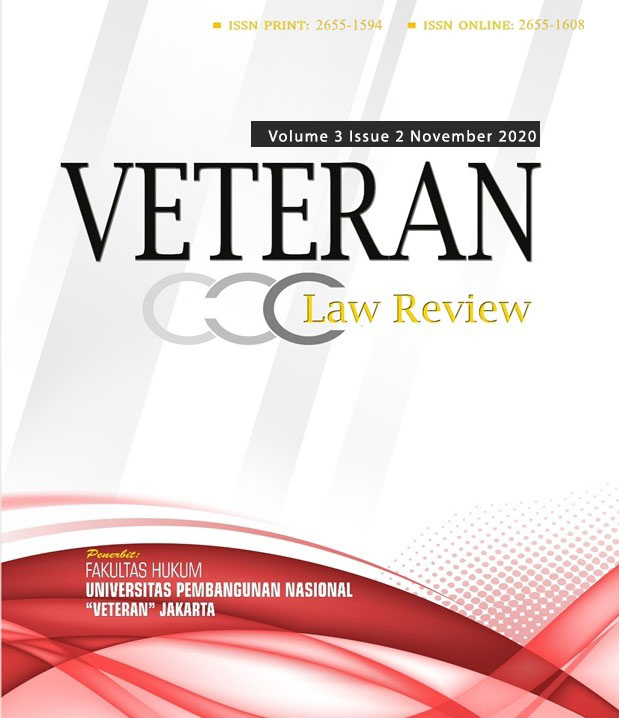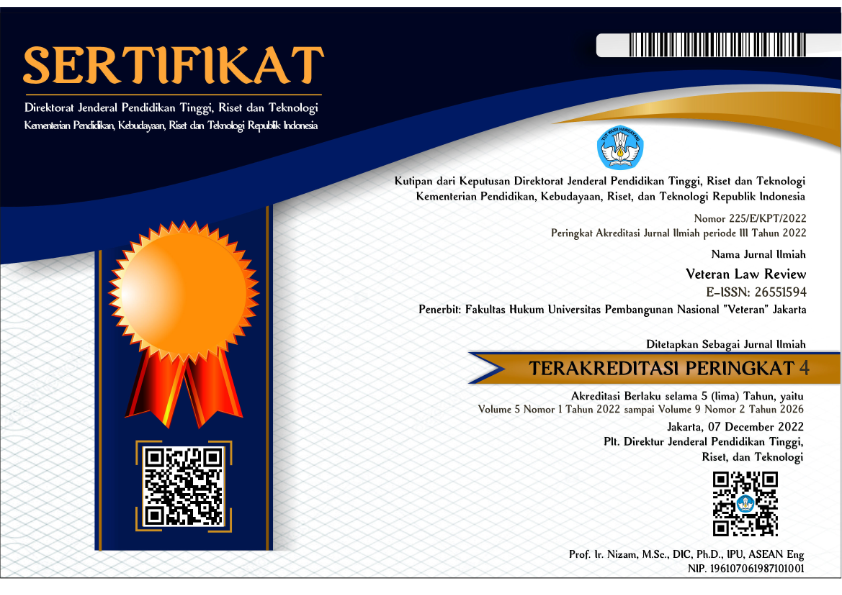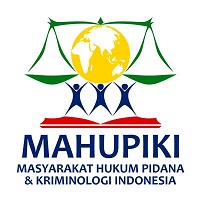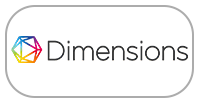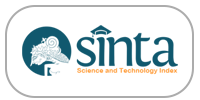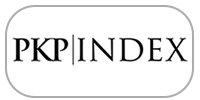Komisi Pemberantasan Korupsi Wiretapping Authority After The Revision Of Law Number 19 Year 2019 Regarding The Corruption Eradication Commission
DOI:
https://doi.org/10.35586/velrev.v3i2.2119Abstract
The formation of Dewan Pengaawa is also very necessary considering that every agency needs a controller when carrying out its duties and authorities. The formation of Dewas is expected to provide clear and measurable boundaries related to the implementation mechanism and the work system of state institutions. The presence of Dewas later expected to work professionally considering Dewas's task in the revision of the KPK Law, in addition to supervising the KPK's performance as well as wiretapping permits The application of wiretapping as one of the investigative and investigative authorities has helped many legal processes, but tapping does need to be regulated and supervised in order to reduce and prevent abuse of authority. Moreover, the KPK Law has been in effect for 17 years, so it requires adjustments and arrangements for matters that are not yet clear in the KPK Law. For example, related to wiretapping by the KPK which has never been audited by Kominfo since 2009. This is an impact of the Constitutional Court Decision No. 5 / PUU-VIII / 2010 which states that tapping cannot only be regulated by a ministerial regulation but must be regulated by law
Downloads
Downloads
Published
How to Cite
Issue
Section
License
Copyright (c) 2022 Veteran Law Review Journal
Veteran Law Review © 2022 by Faculty of Law Universitas Pembangunan Nasional "Veteran" Jakarta is licensed under Creative Commons Attribution 4.0 International

1. License
The non-commercial use of the article will be governed by the Creative Commons Attribution license as currently displayed on Creative Commons Attribution 4.0 International.
2. Author(s)' Warranties
The author warrants that the article is original, written by the stated author(s), has not been published before, contains no unlawful statements, does not infringe the rights of others, is subject to copyright that is vested exclusively in the author, and free of any third party rights, and that any necessary written permissions to quote from other sources have been obtained by the author(s).
3. User/Public Rights
VELREV's spirit is to disseminate articles published are as free as possible. Under the Creative Commons Attribution-ShareAlike 4.0 International License. VELREV permits users to copy, distribute, display, and perform the work for non-commercial purposes only. Users will also need to attribute authors and VELREV to distributing works in the journal and other media of publications.
4. Rights of Authors
Authors retain all their rights to the published works, such as (but not limited to) the following rights;
- Reproduce the work
- Prepare derivative works based upon the work
- Distribute copies of the work
- Perform the work publicly
- Display the work publicly
- Copyright and other proprietary rights relating to the article, such as patent rights,
- The right to self-archive the article,
- The right to enter into separate, additional contractual arrangements for the non-exclusive distribution of the article's published version (e.g., post it to an institutional repository or publish it in a book), with an acknowledgement of its initial publication in this journal (Veteran Law Review).
5. Co-Authorship
If the article was jointly prepared by more than one author, any author submitting the manuscript warrants that he/she has been authorized by all co-authors to be agreed on this copyright and license notice (agreement) on their behalf, and agrees to inform his/her co-authors of the terms of this policy. VELREV will not be held liable for anything that may arise due to the author's internal dispute. VELREV will only communicate with the corresponding author.
6. Royalties
Being an open accessed journal and disseminating articles for free under the Creative Commons license term mentioned, author(s) are aware that VELREV entitles the author(s) to no royalties or other fees.
7. Miscellaneous
VELREV will publish the article (or have it published) in the journal if the article’s editorial process is successfully completed. JOSI's editors may modify the article to a style of punctuation, spelling, capitalization, referencing, and usage that deems appropriate. The author acknowledges that the article may be published so that it will be publicly accessible and such access will be free of charge for the readers as mentioned in point 3.

